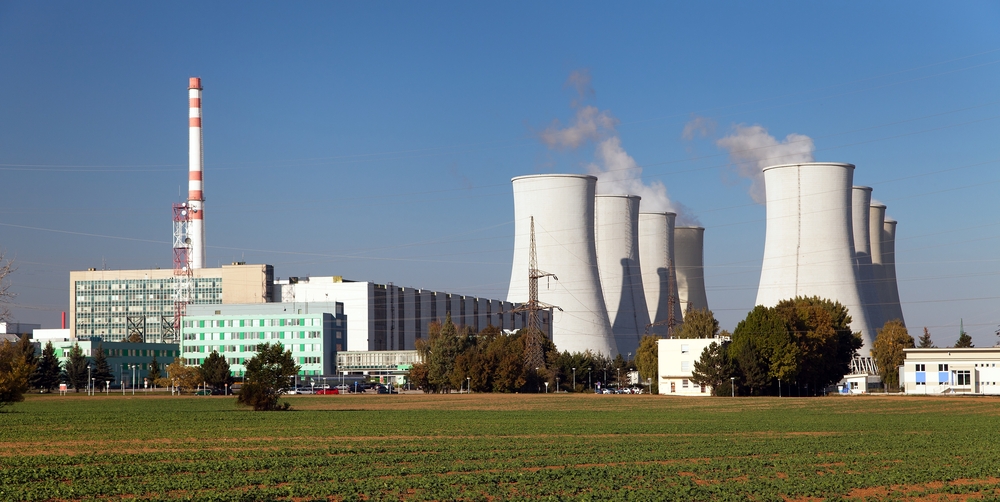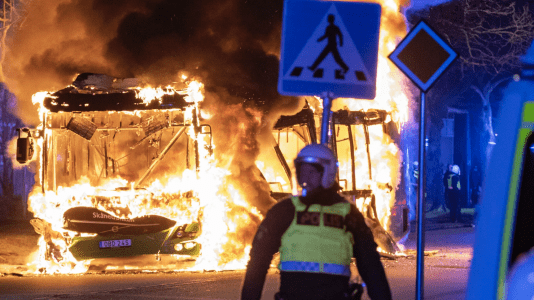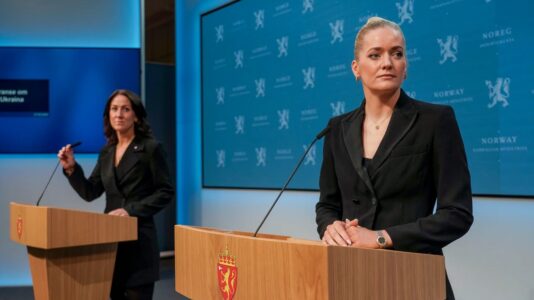Slovak Prime Minister Robert Fico has expressed optimism that South Korea could become a key partner in Slovakia’s ambitious plans to build a new nuclear power plant.
Fico is set to visit Seoul on a working trip with Economy Minister Denisa Saková, describing the trip as one of the most significant he will take during his leadership.
“I consider it one of the most important trips I have ever taken as prime minister,” he stated on Friday.
The PM will depart for Seoul on Saturday and is expected to return on Tuesday. The visit comes amid ongoing discussions about the construction of a new 1,200 MW nuclear power plant at the site of the existing Jaslovské Bohunice facility, a project announced by the Slovak government back in May. The proposed plant would have a capacity three times larger than Slovakia’s current nuclear reactors.
Fico has stressed that the plant will be fully state-owned, but how the project will be financed remains uncertain. Slovakia is currently in talks with four countries — Russia, the United States, France, and South Korea — regarding the plant’s construction. “We are not yet saying which country should produce it, but we are starting to communicate with them,” Fico said.
He expressed hope that the visit to South Korea would result in a memorandum of cooperation, covering energy development, new technologies, and modernization efforts.
“It’s proof that we’re doing politics on all four sides of the world,” added Fico. Slovakia’s current nuclear power plants, which feature Russian-made reactors, have already incorporated Western systems, and French company Framatome is expected to supply nuclear fuel for them in the future.
The Slovak government has set an Oct. 30 deadline for Saková and Finance Minister Ladislav Kamenický to submit the initial plan for the new plant’s construction, including the project schedule and financing conditions. Fico, however, expressed confidence in the financing options, stating, “I am not worried about financing at all. There is a lot of interest in refinancing, and we will also ask our potential partners about it.”
According to Saková, Slovakia is in a strong position due to several competitive advantages, including already-prepared land, existing construction and environmental impact assessment permits, and a qualified workforce.
The government views the new nuclear plant as a long-term investment that, according to Fico, “after 15 to 20 years will become a money machine,” underscoring the country’s commitment to nuclear energy development.






